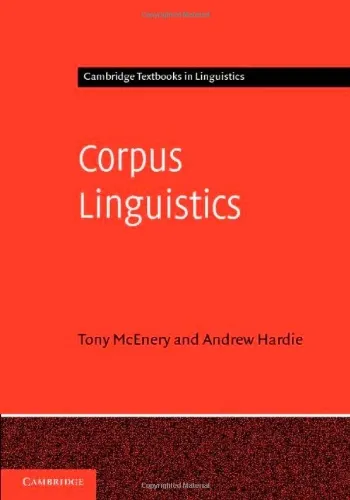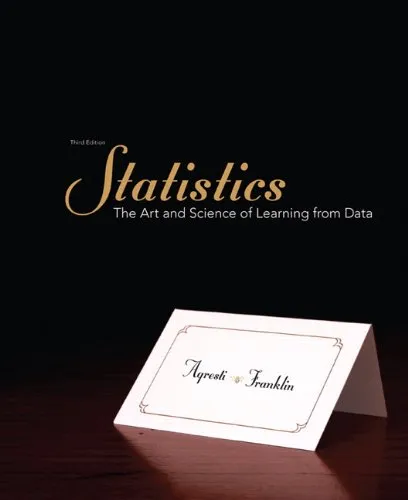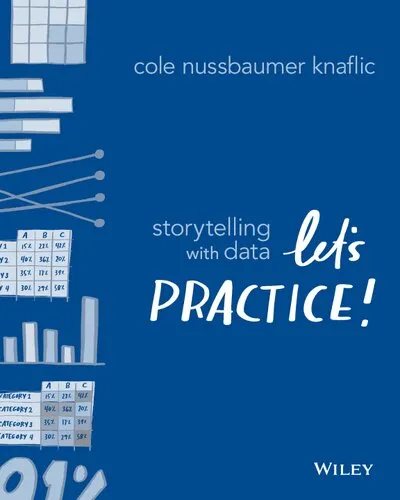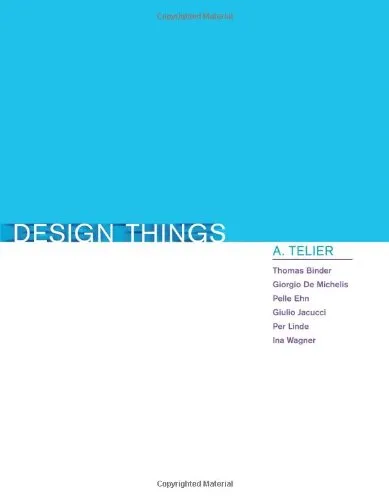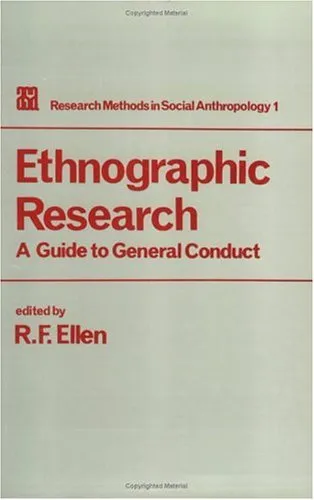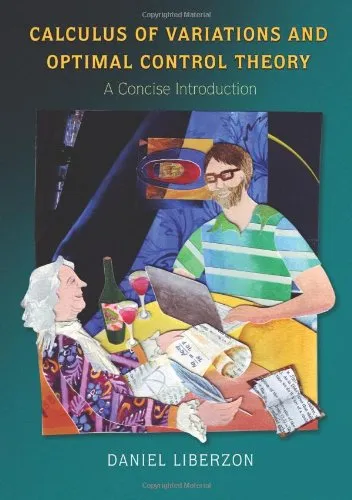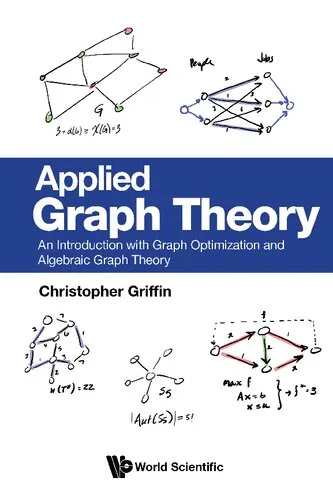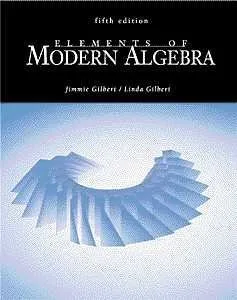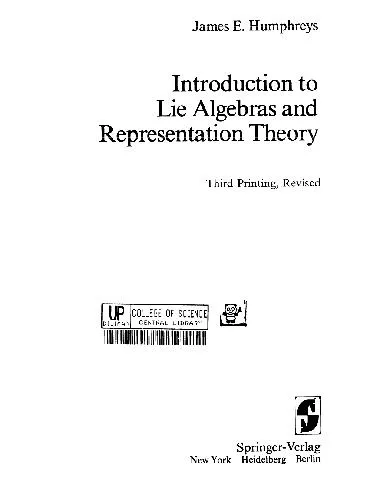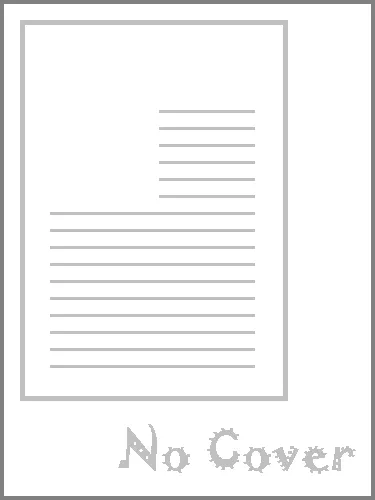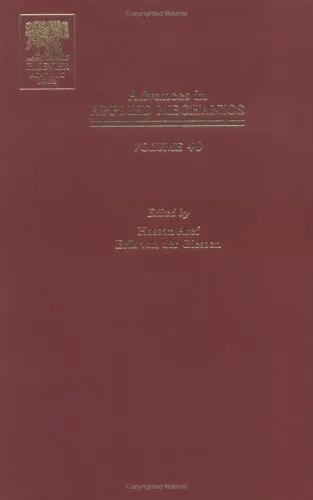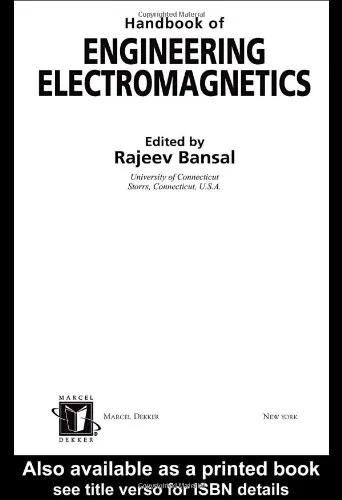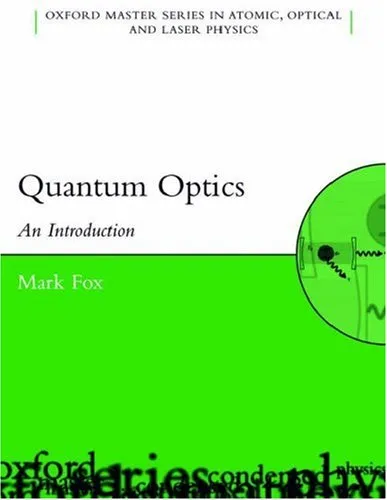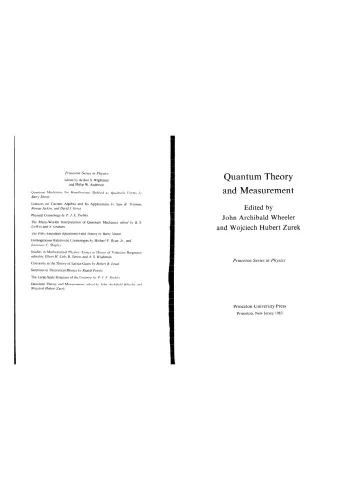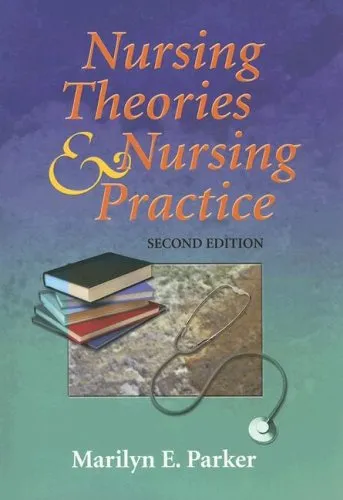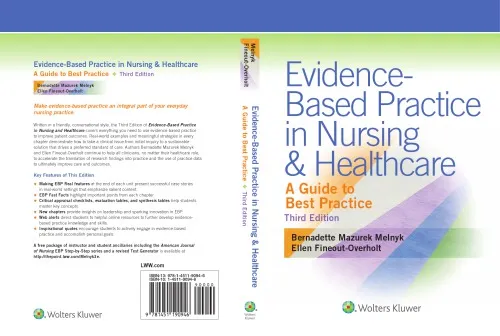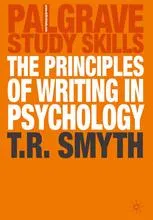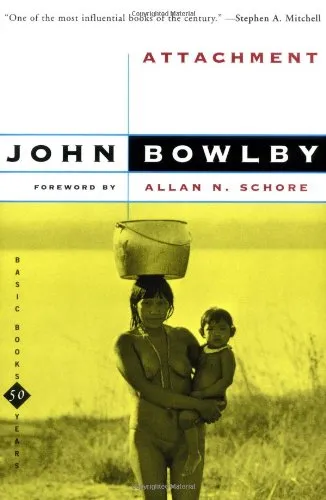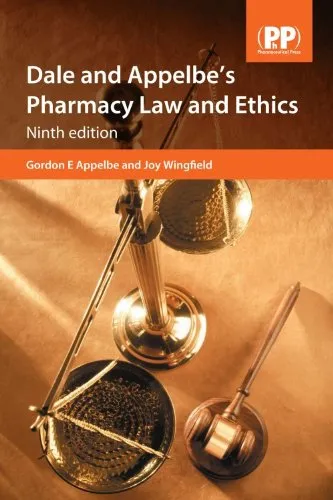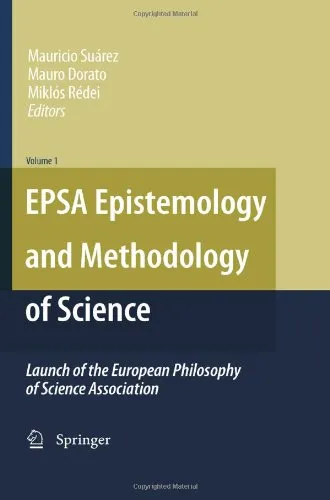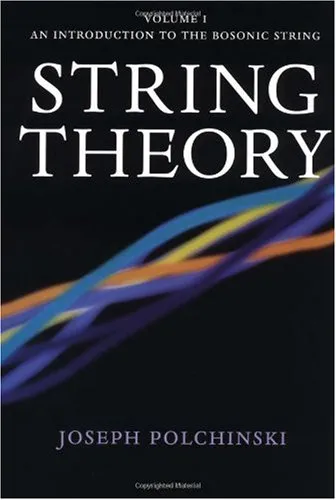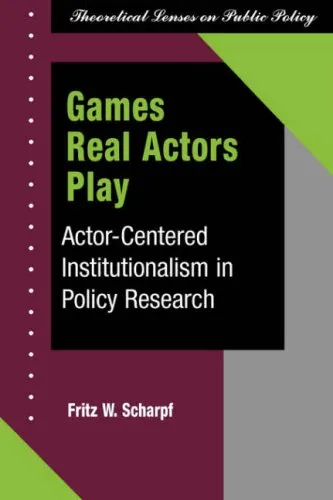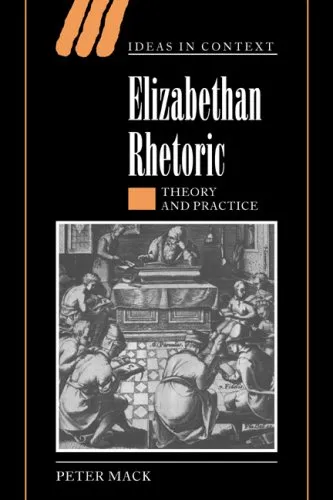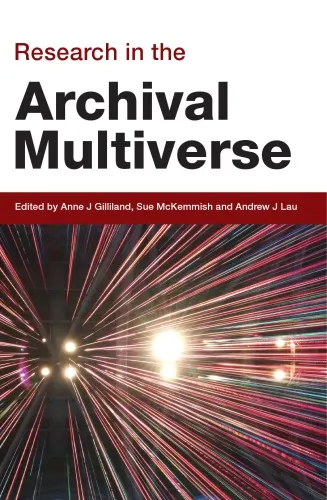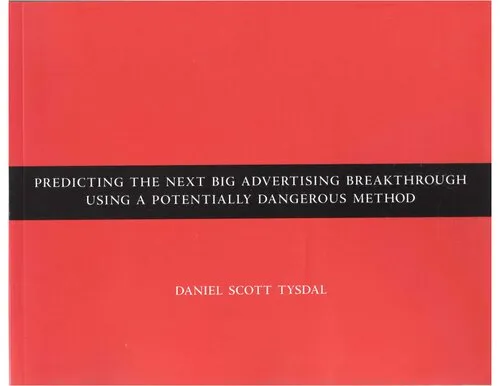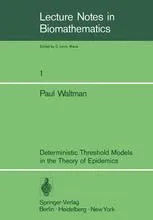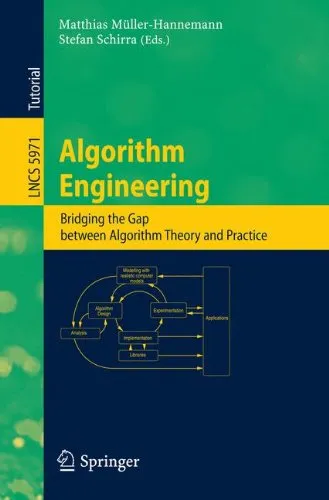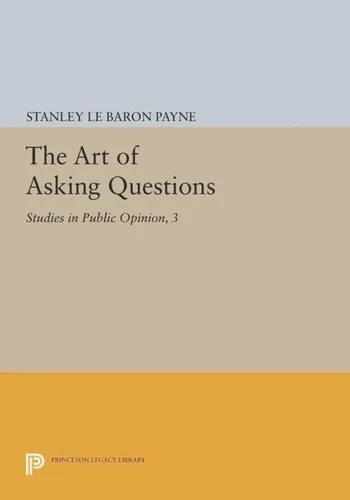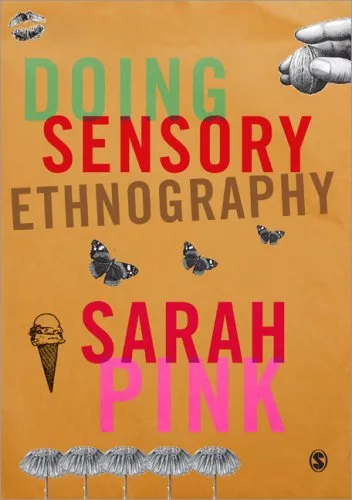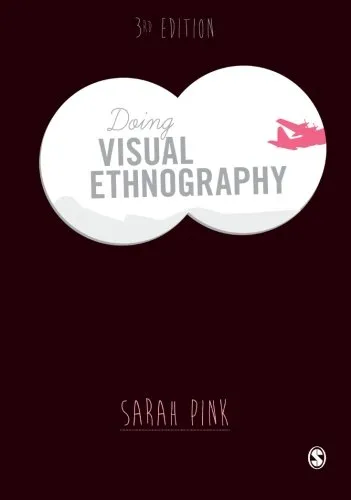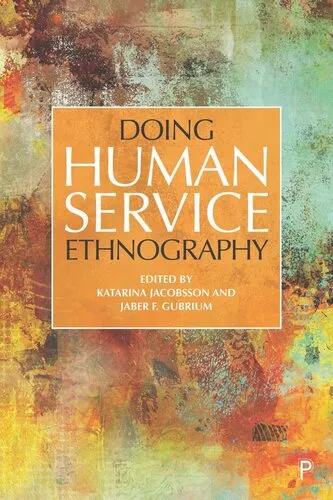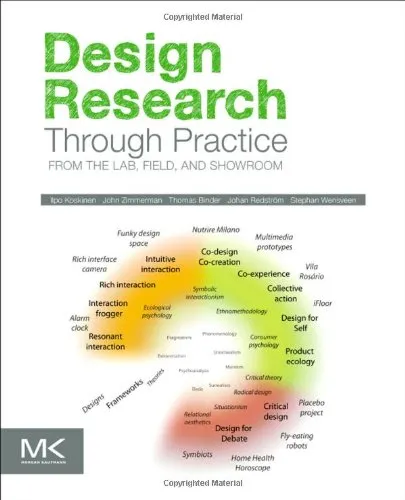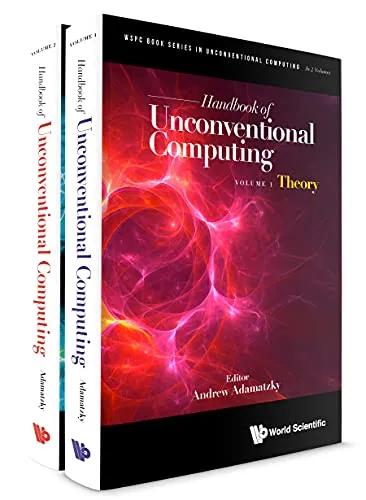Corpus Linguistics: Method, Theory and Practice (Cambridge Textbooks in Linguistics)
4.5
Reviews from our users

You Can Ask your questions from this book's AI after Login
Each download or ask from book AI costs 2 points. To earn more free points, please visit the Points Guide Page and complete some valuable actions.کتاب های مرتبط:
Introduction to "Corpus Linguistics: Method, Theory and Practice"
Written by Tony McEnery and Andrew Hardie, "Corpus Linguistics: Method, Theory and Practice" is a comprehensive and accessible textbook that brings together the theoretical foundations, essential methodologies, and cutting-edge applications of corpus linguistics. Designed to meet the needs of students, educators, and researchers, the book offers a well-rounded exploration of the field, emphasizing its interdisciplinary nature and relevance to both linguistic and non-linguistic domains.
Corpus linguistics, as outlined in this book, is a vital framework for investigating language through real-world data. By focusing on the empirical analysis of large-scale linguistic datasets ("corpora"), the authors aim to equip readers with the tools and knowledge to undertake sophisticated corpus-based studies while remaining critically aware of the theoretical underpinnings of their work. This text is part of the acclaimed Cambridge Textbooks in Linguistics series, embracing both methodological precision and conceptual depth to guide learners across all levels of expertise.
Detailed Summary of the Book
The book begins by introducing the basic principles of corpus linguistics, including its historical development and the significance of corpus-driven language analysis. From here, it delves into data collection and corpus design, helping readers understand how to construct, annotate, and manage corpora. The text also addresses key computational techniques, such as concordances, collocations, and statistical measures, allowing readers to manipulate and interpret complex linguistic datasets effectively.
The theoretical core of the book includes critical discussions on the interaction between theory and methodology, the role of frequency as a central concept, and the philosophical debates underpinning corpus linguistics as a science. These topics ensure that readers gain a nuanced appreciation for the intellectual frameworks guiding corpus studies. Additionally, practical concerns, such as software tools and ethical issues, are addressed to help readers manage real-world research constraints.
One of the defining strengths of the book is its applied focus. Corpus linguistics is shown to be relevant to diverse domains such as sociolinguistics, psycholinguistics, language teaching, and forensic linguistics. The authors provide concrete examples, step-by-step guidance, and case studies that demonstrate how findings from corpora inform linguistic theory and solve practical problems across fields.
Key Takeaways
- Corpus linguistics combines theoretical rigor and empirical analysis to uncover insights about language use and structure.
- The book equips readers to design and analyze corpora while remaining critically aware of the limitations and challenges of corpus-based methods.
- A key focus is the interdisciplinary applicability of corpus linguistics, from language pedagogy to forensic investigation.
- Statistical measures and computational techniques are essential, but they must be aligned with linguistic theory and interpretation.
- Ethical considerations, especially regarding the use of real-world data, play a significant role in corpus-based research.
Famous Quotes from the Book
"Corpus linguistics is more than just a methodological approach; it is an essential tool for decoding the complexities of language in real-world contexts."
"The power of corpus linguistics lies in its ability to turn linguistic intuition into empirical evidence, bridging the gap between theory and practice."
"Frequency data do not just identify patterns of occurrence; they reveal the functional heart of language in use."
Why This Book Matters
Corpus linguistics occupies a central position in modern linguistic research because of its ability to bridge the divide between intuition-driven theories and data-driven realities. This textbook is uniquely important because it not only explains the mechanics of working with corpora but also emphasizes the theoretical reasoning that makes corpus work meaningful. It fosters a balance between practical skills and intellectual curiosity.
For newcomers to the field, this book provides an accessible introduction to the essential tools and concepts. For experienced researchers, it presents state-of-the-art debates and applications that push the boundaries of corpus-based inquiry. The book’s interdisciplinary scope underscores the rapid expansion of corpus linguistics as a versatile tool in areas like language acquisition, discourse analysis, computational linguistics, and even artificial intelligence.
In an era where linguistic data is abundant but often overwhelming, this book offers a clear, structured, and thoughtful guide for harnessing the power of corpora. It matters because it helps shape a generation of students and researchers into critical and capable analysts of language, equipped to answer some of the most profound questions about how we use and understand words.
Free Direct Download
You Can Download this book after Login
Accessing books through legal platforms and public libraries not only supports the rights of authors and publishers but also contributes to the sustainability of reading culture. Before downloading, please take a moment to consider these options.
Find this book on other platforms:
WorldCat helps you find books in libraries worldwide.
See ratings, reviews, and discussions on Goodreads.
Find and buy rare or used books on AbeBooks.
1379
بازدید4.5
امتیاز0
نظر98%
رضایتReviews:
4.5
Based on 0 users review
Questions & Answers
Ask questions about this book or help others by answering
No questions yet. Be the first to ask!
